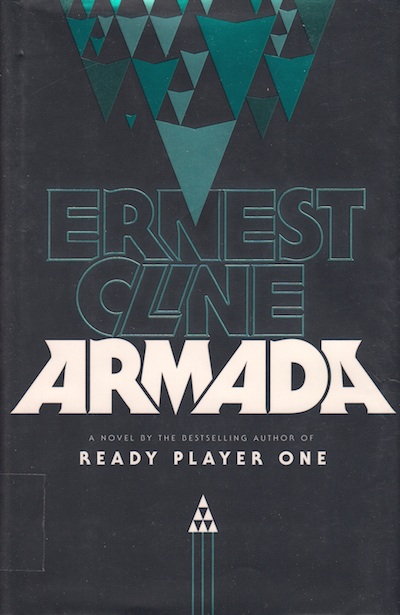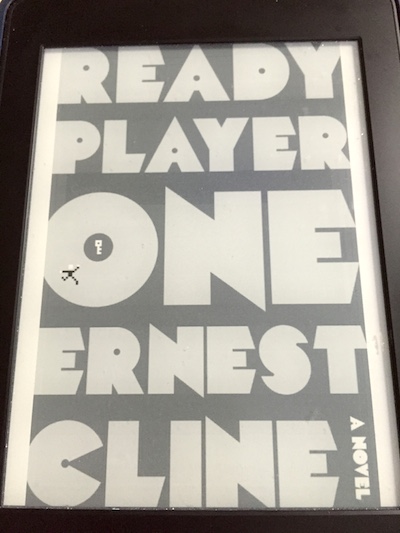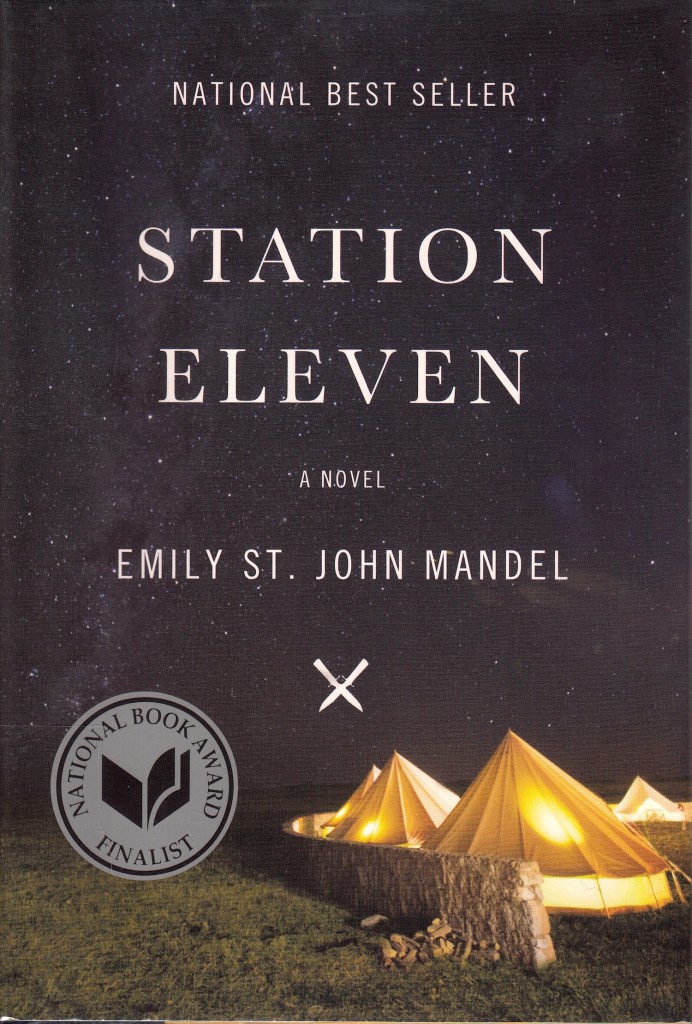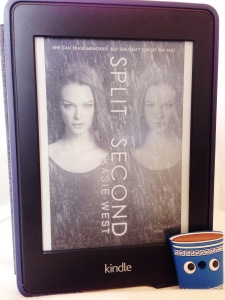What’s it about?
Armada is about a kid named Zach. A kid with anger issues. A kid with a missing father. A kid who likes to play video games. And then he sees one of the video game ships in the sky outside his classroom. Then things get weird.
Why should you read it?
I don’t know, really. I’ve fallen out of love with science fiction lately, which is part of the problem. But the other part of the problem is that I was on page 100 and I felt like the story hadn’t started yet. We were still being introduced to characters and the world was still being built. Zach had seen the video game spaceship. But NOTHING had happened as a consequence of it. NOTHING. So I put it down.
And that’s ok. I’m still convincing myself that, no really, it is ok to not finish a book I started. In fact, not finishing a book I’m not enjoying or learning from is a good thing.




